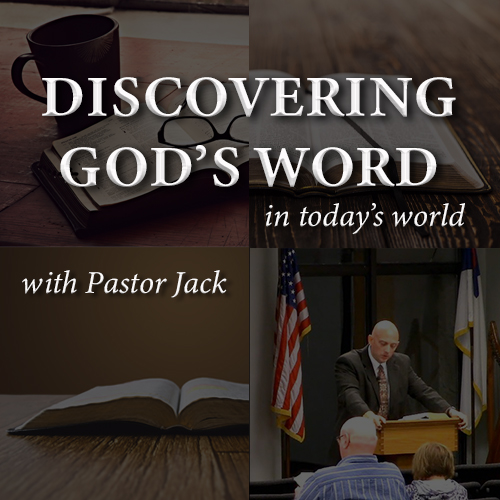Deuteronomy 34:1,5 “And Moses went up from the plains of Moab unto the mountain of Nebo, to the top of Pisgah, that is over against Jericho.”
“And the LORD shewed him all the land of Gilead, unto Dan, So Moses the servant of the LORD died there in the land of Moab, according to the word of the LORD.”
A eulogy is a composed to show as whom and by what a person is remembered. Maybe Joshua wrote Moses’ Eulogy in Deuteronomy 34, but most likely Moses wrote of his own death in the final chapter of his final book of the Bible. It was apparent in Moses’ life that when the time came for him to climb Mount Pisgah, he was ready. We can determine from this eulogy that Moses had lived his whole life with his death in mind.
Moses died a man of vision. (Duet 34:1-6)
Moses’ vision was seeing the land his spiritual children would someday possess. This selfless man was satisfied in life with a vision in the future of what others would enjoy by his sacrifice. Moses would be remembered as a man who led others to a place of victory in their Christian life and was thus remembered by his spiritual children who possessed the promise land long after his death.
Moses died in strength. (Duet. 34:7)
Moses did have physical strength when he died; but, more importantly, he also had spiritual strength. He wasn’t living his old age in the light of yesterday’s victories. We might in old age have a worn-out body but this is never an excuse for a worn-out spirit. In old age, Caleb said, “I want that mountain”, Daniel overcame the lions den, Anna and Simeon remained faithful to the temple at the welcoming of Christ.
Paul was flourishing in prison when he wrote to Philemon:
Yet for love’s sake I rather beseech thee, being such an one as Paul the aged, and now also a prisoner of Jesus Christ. (Phil. 1:9).
Moses was remembered as a man whose passion for the Lord never faded.
Moses Lived On. (Duet. 34:9-12)
Moses lived on through mentoring:
Moses had trained the faithful young Joshua, and he was in the wings and ready to take the reigns upon Moses’ death (Num. 27:12-23). Long after his departure to heaven, Moses could look down and see his successor Joshua doing “all the Lord commanded Moses.” (Josh 4:10, 8:35, 11:12, 15)
Moses lived on through legacy:
Moses died having a two-fold legacy. When Israel would reminisce about Moses, they would recall his relationship with God. Moses “knew God face to face.” Thus by remembering Moses, Israel’s walk with God would be challenged. The second thing Moses was remembered for was his works for God — “in all the signs and wonders that the Lord sent him to do.” Moses’ great acquaintance with God led to great works for God.
As we reflect on the life of Moses, here are some thoughts to keep in mind about writing our own eulogy.
- Remembered as:
A person who led others into a victorious Christian life
A man or a woman of spiritual vision
A man or a woman who was spiritually strong right to the end
A person who trained others formally and by example
A person who walked with God
A person who accomplished works for God
- Remembered by:
My spiritual children
The people or persons I mentored

